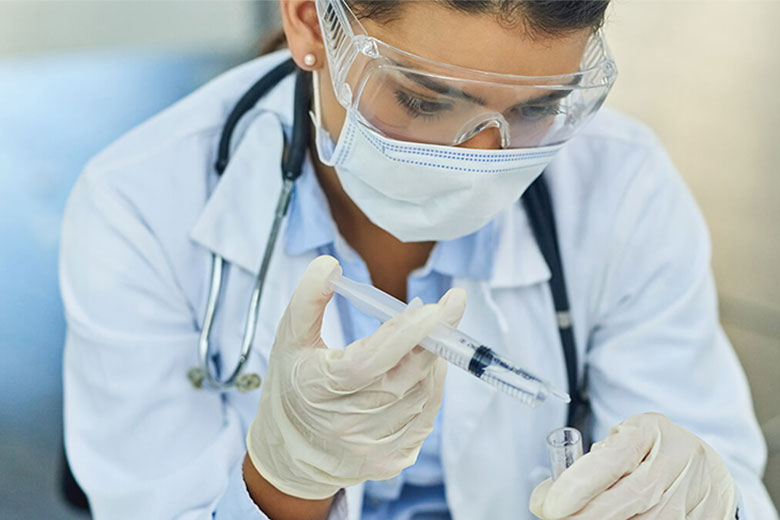Endocrinology Fellowship Rotations & Curriculum
Get Started
Endocrinology Fellowship Clinical Rotations
As an endocrine fellow at Lahey Hospital & Medical Center, you’ll see both inpatients and outpatients. Caring for adults on an ongoing basis allows you to gain perspective on the evolution and natural history of endocrine disorders and the effectiveness of various treatments.
Endocrinology fellowship rotations focus on several key clinical areas:
Seeing patients at this clinic daily for one week, every third week throughout your two-year fellowship will help you gain a basic understanding of the presentation, evaluation and management of the wide variety of disorders you’ll encounter in a general endocrine practice. You’ll gather patient histories, conduct physical exams and review laboratory results with a precepting faculty member. We’ll also provide you with reference materials and other self-learning tools during your rotation.
You’ll see hospitalized patients daily for one week, every third week throughout your two-year fellowship. In addition to helping you learn more about diseases of endocrinology and metabolism, this rotation will give you an opportunity to interact with patients and their families and other physicians caring for your patients.
Helping you learn to effectively manage obesity with dietary means and medication is the goal of this rotation. You’ll also learn about the indications for bariatric surgery and how to prepare patients undergoing bariatric operations and manage them after. Special attention is given to the management of diabetes in this setting.
This rotation will help you gain insight into the wide variety of endocrine disorders that affect children. But special emphasis is placed on health problems that an endocrinologist working with adults needs to know about, such as diabetes, growth retardation, delayed puberty, precocious puberty and thyroid disorders.
During this rotation, you’ll develop a greater understanding of conditions such as primary and secondary male and female hypogonadism, gynecomastia, erectile dysfunction, polycystic ovary syndrome and fertility disorders. Counseling postmenopausal women on hormone replacement therapy, understanding the effects of age on the reproductive axis in men and women and evaluating and managing female sexual dysfunction and female androgen deficiency are also covered.
Endocrinology Fellowship Curriculum
As a fellow, you’ll be required to present at weekly conferences, where diseases of endocrinology and metabolism are discussed in greater depth. Conferences include:
- Cytology/Pathology
- Endocrine Clinical
- Endocrine Core Curriculum
- Endocrine Journal Club
- Endocrine Morbidity and Mortality
- Endocrine Research
- Lahey Hospital & Medical Center Resident/Fellow Core Competency Lecture Series
- Medical Grand Rounds
- Pituitary Tumor
- Thyroid/Parathyroid
As part of your training, you’ll gain skill performing the following:
- Biopsy of thyroid nodules
- Bone densitometry study interpretation
- Continuous glucose monitoring system interpretation
- Insulin pump downloads
- Thyroid ultrasounds
You’ll also have experience performing and interpreting endocrine dynamic tests such as insulin hypoglycemia, clonidine suppression, water deprivation, saline infusion and Dex/CRH (dexamethasone/corticotropin-releasing hormone).
During your fellowship, you’ll be expected to develop a plan for performance improvement at Lahey based on your experiences and observations of the hospital inpatient service or our ambulatory clinics. You’ll present your findings at a hospital-wide symposium.
All fellows are required to conduct clinical research and are encouraged to present their work at regional and national meetings. You’ll work with a mentor to develop your research methodology, Institutional Review Board submission and data analysis. The goal is to have your research published in a peer-reviewed journal. You will have two research days per month, during which you will have protected time to work on your research projects.

